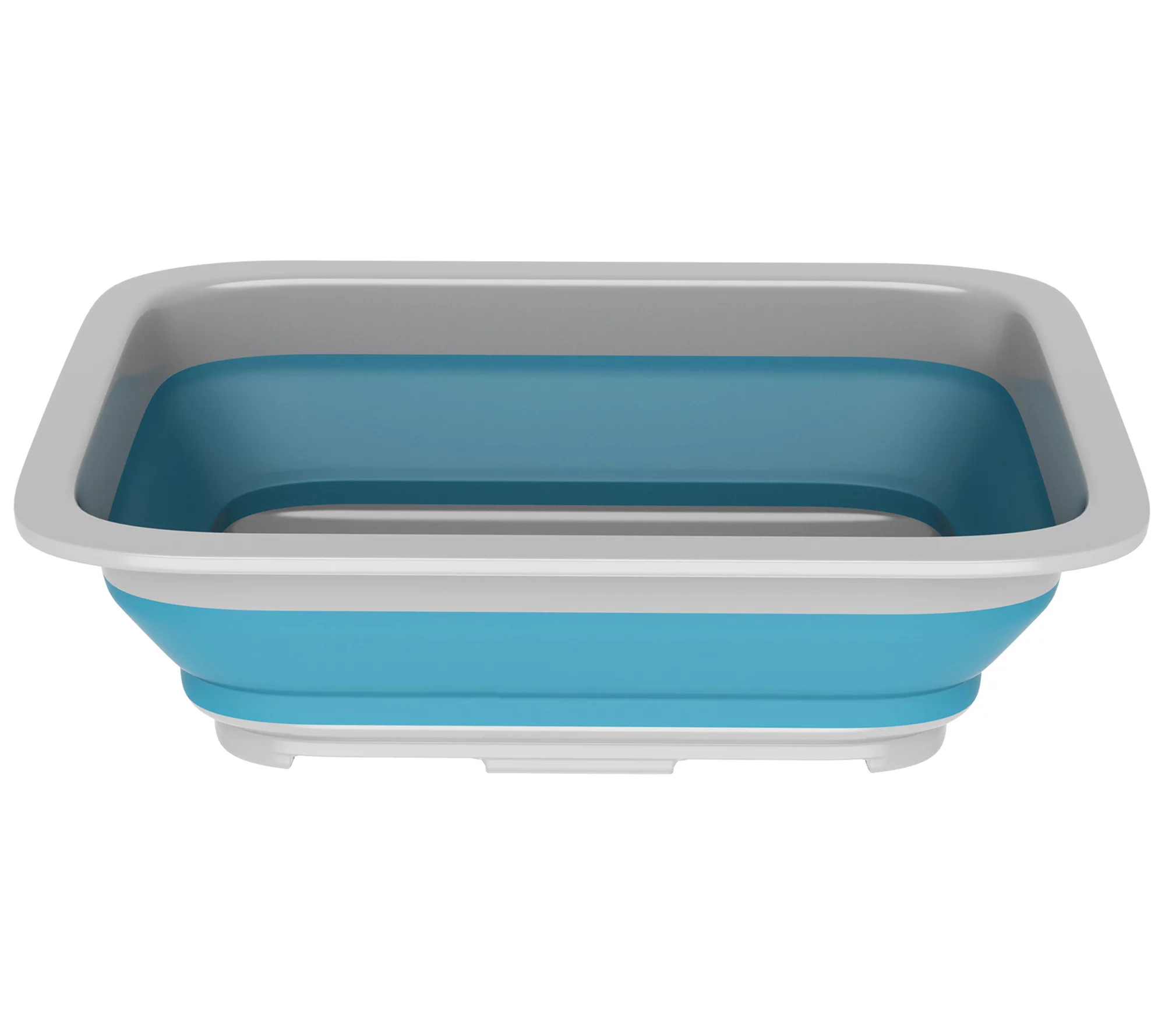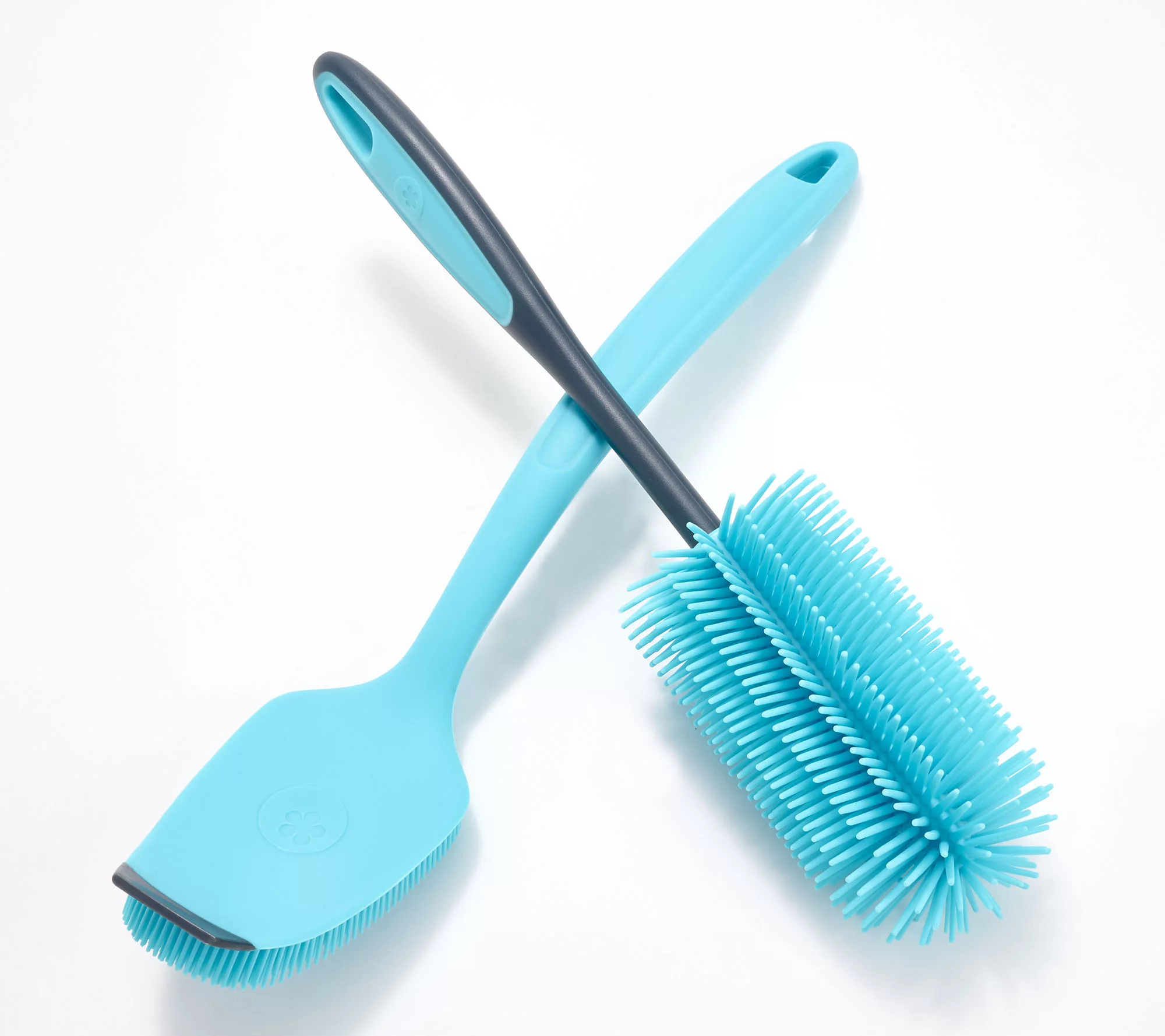9 handwashing laundry mistakes – and how to avoid them
Experts reveal the most common garment gaffes – plus what to do instead

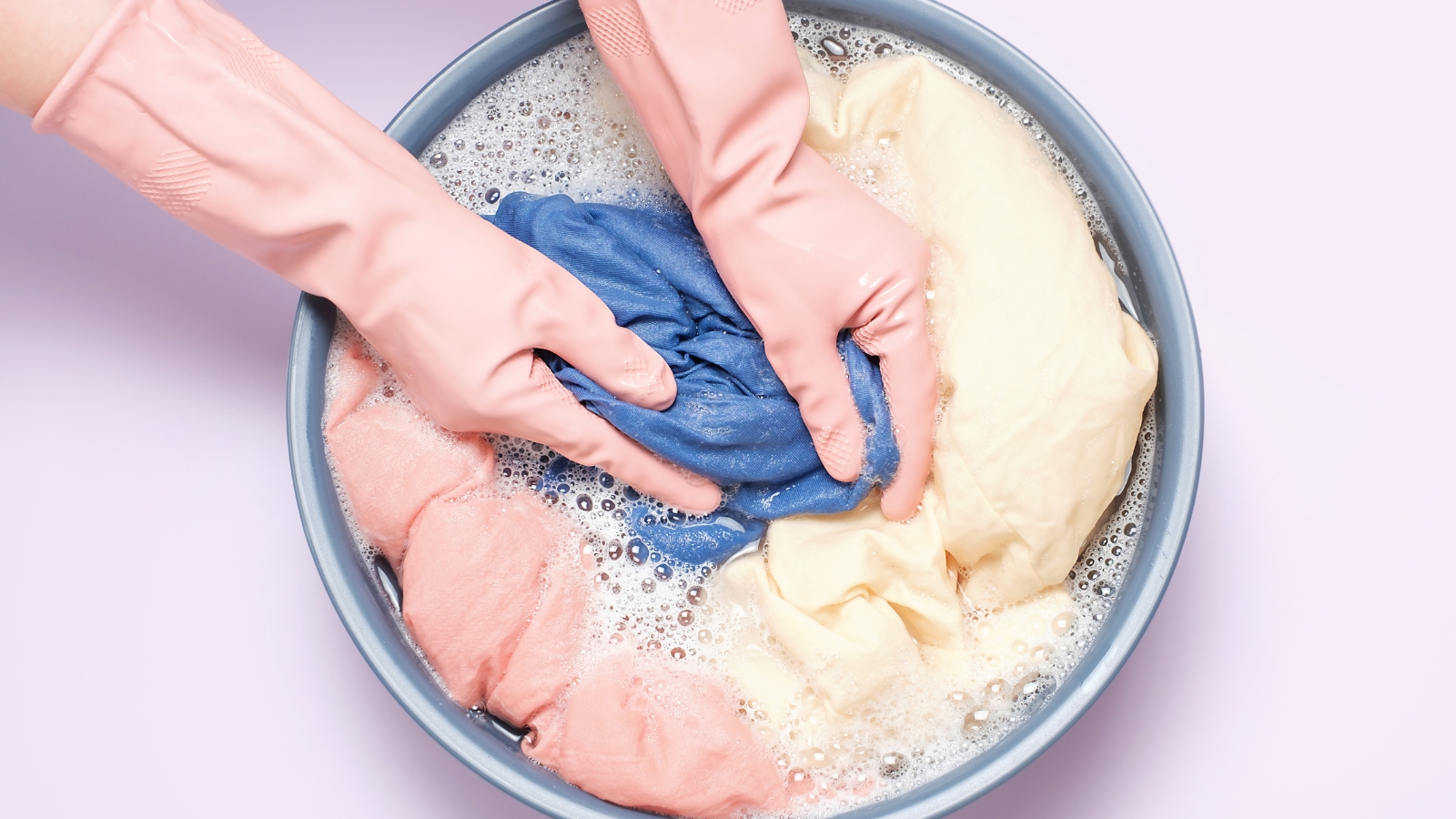
- 1. Failing to pre-treat
- 2. Skipping the soak
- 3. Using hot water
- 4. Overzealous scrubbing
- 5. Too much detergent
- 6. Using a small bowl
- 7. Rushing the rinse
- 8. Wringing out
- 9. Drying incorrectly
- Should I handwash wool?
- Can I handwash items labeled 'dry clean only'?
- How often should I handwash delicates?
Design expertise in your inbox – from inspiring decorating ideas and beautiful celebrity homes to practical gardening advice and shopping round-ups.
You are now subscribed
Your newsletter sign-up was successful
Want to add more newsletters?

Twice a week
Homes&Gardens
The ultimate interior design resource from the world's leading experts - discover inspiring decorating ideas, color scheming know-how, garden inspiration and shopping expertise.

Once a week
In The Loop from Next In Design
Members of the Next in Design Circle will receive In the Loop, our weekly email filled with trade news, names to know and spotlight moments. Together we’re building a brighter design future.

Twice a week
Cucina
Whether you’re passionate about hosting exquisite dinners, experimenting with culinary trends, or perfecting your kitchen's design with timeless elegance and innovative functionality, this newsletter is here to inspire
Handwashing is a gentle and effective way to cleanse delicate items, but it’s easy to make mistakes that can damage your clothes.
Our experts reveal the most common handwashing laundry mistakes – and how you can avoid them.
By knowing how to handwash clothes, and the most common handwashing laundry mistakes, you'll soon have your garments in great shape.
1. Failing to pre-treat

Ignoring stains before washing makes it harder to remove them.
Steve Evans, owner of Memphis Maids, says, 'Scrubbing your clothes right away is a mistake, especially if you see stains. If you start scrubbing, you might damage your fabrics and it’s just a waste of time and energy. If you notice any stains at all, apply a laundry stain remover or laundry detergent directly on the area before soaking.'
Pre-treat spots with a gentle stain remover or diluted detergent, allowing it to sit for a few minutes before washing.
Check out our guide to the golden rules of stain removal.
Design expertise in your inbox – from inspiring decorating ideas and beautiful celebrity homes to practical gardening advice and shopping round-ups.
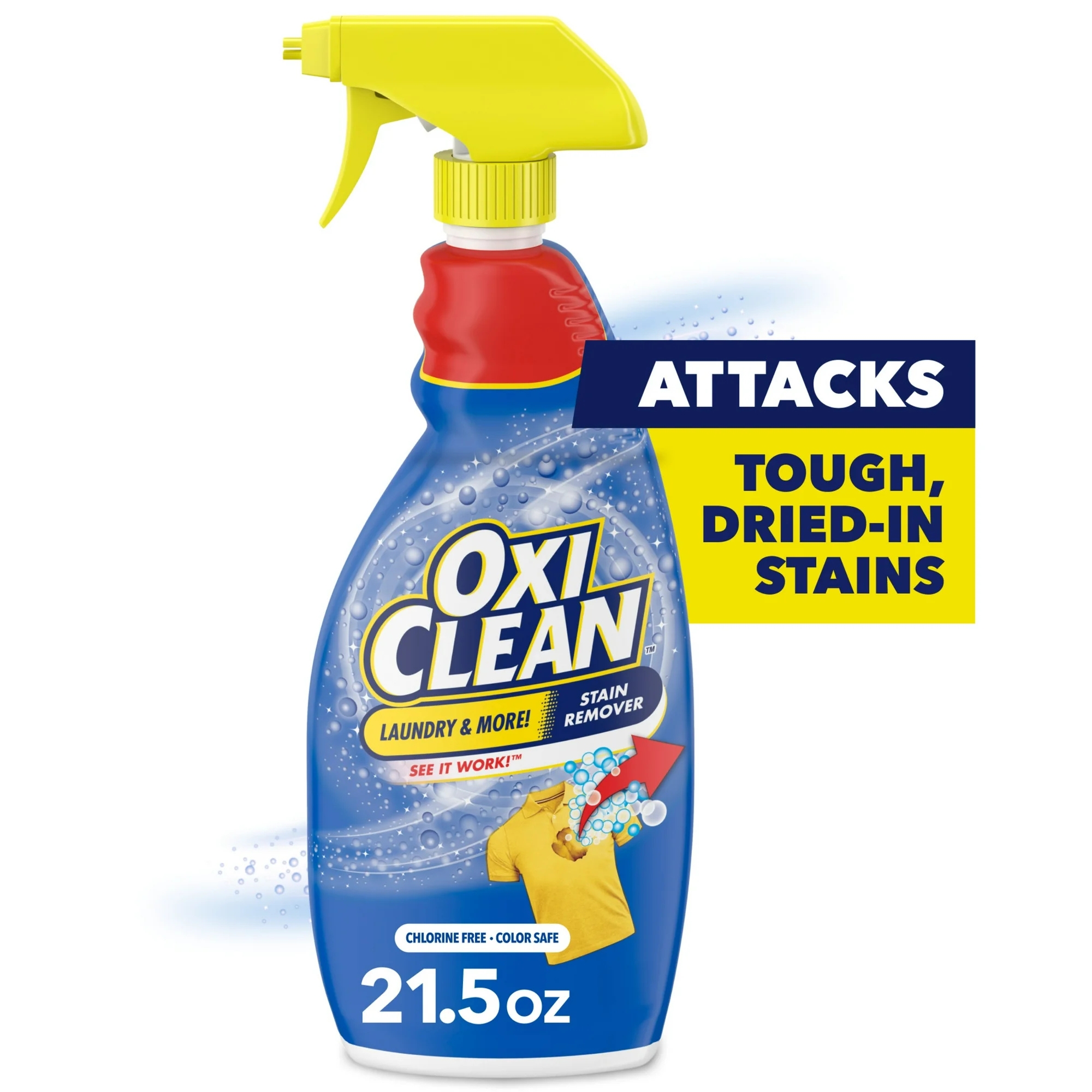
This chlorine-free, color-safe laundry spot stain remover is safe to use on most clothes and upholstery, acting fast on stains including wine, coffee, blood and grass. Evans says, 'This great product's effectiveness means you barely have to scrub, which is perfect for delicate fabrics.'
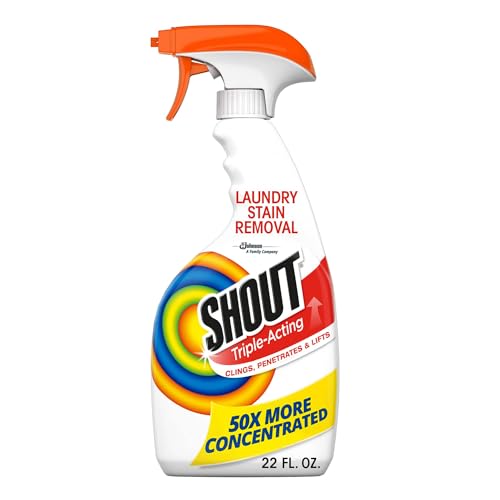
This popular spray's triple-acting formula clings, penetrates, and lifts a wide range of everyday stains like food, grass, dirt, and blood. Allow to soak, then wash up to a week later – its high concentration is safe for all colorfast washables and works in all water temperatures.
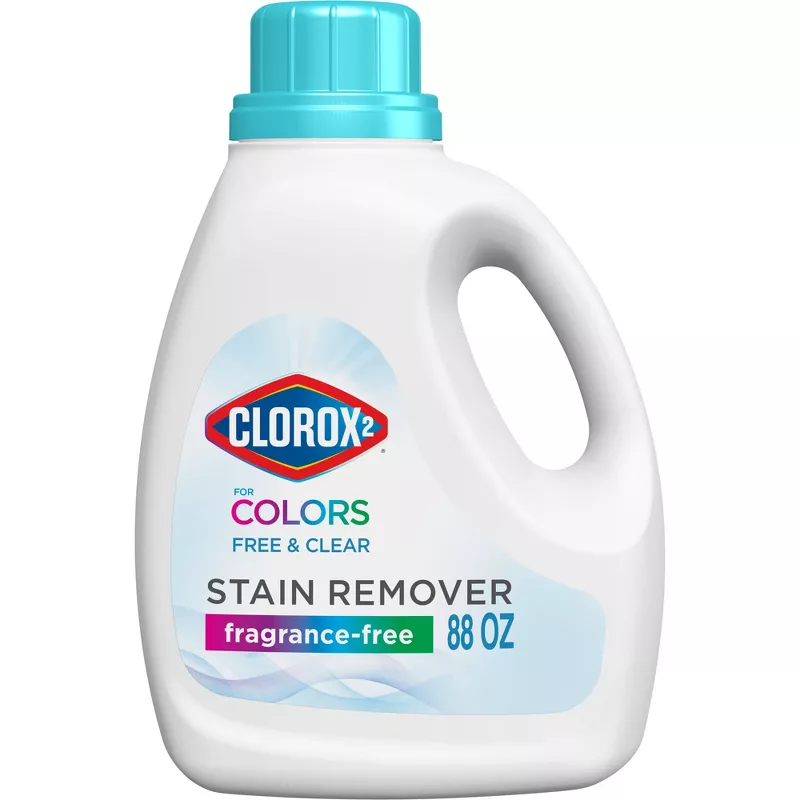
Suitable for tough set-in stains like food, grass and blood, set-in stains and more, this powerful formula not only attacks stains but removes odor and brightens colors. Even better, it's formulated without dyes, bleach or ammonia, making it suitable for your family's clothes.
2. Skipping the soak

Soaking items loosens dirt and oils, making them easier to clean.
Karina Toner, operations manager at Spekless Cleaning, says, 'Skipping the soak time can mean certain stains or odors remain on the fabric. A quick wash without soaking may not effectively remove all dirt, oils, or odors.
'Allow clothes to soak for 10–15 minutes in soapy water before gently agitating. For heavily soiled areas, gently scrub with a soft brush or your fingers.'
Toner recommends the Muchfun Durable Honeycomb Mesh Laundry Bags from Amazon, adding, 'This mesh bag is ideal for soaking, allowing the detergent to work on stubborn stains without risking fabric damage during scrubbing.'
3. Using hot water
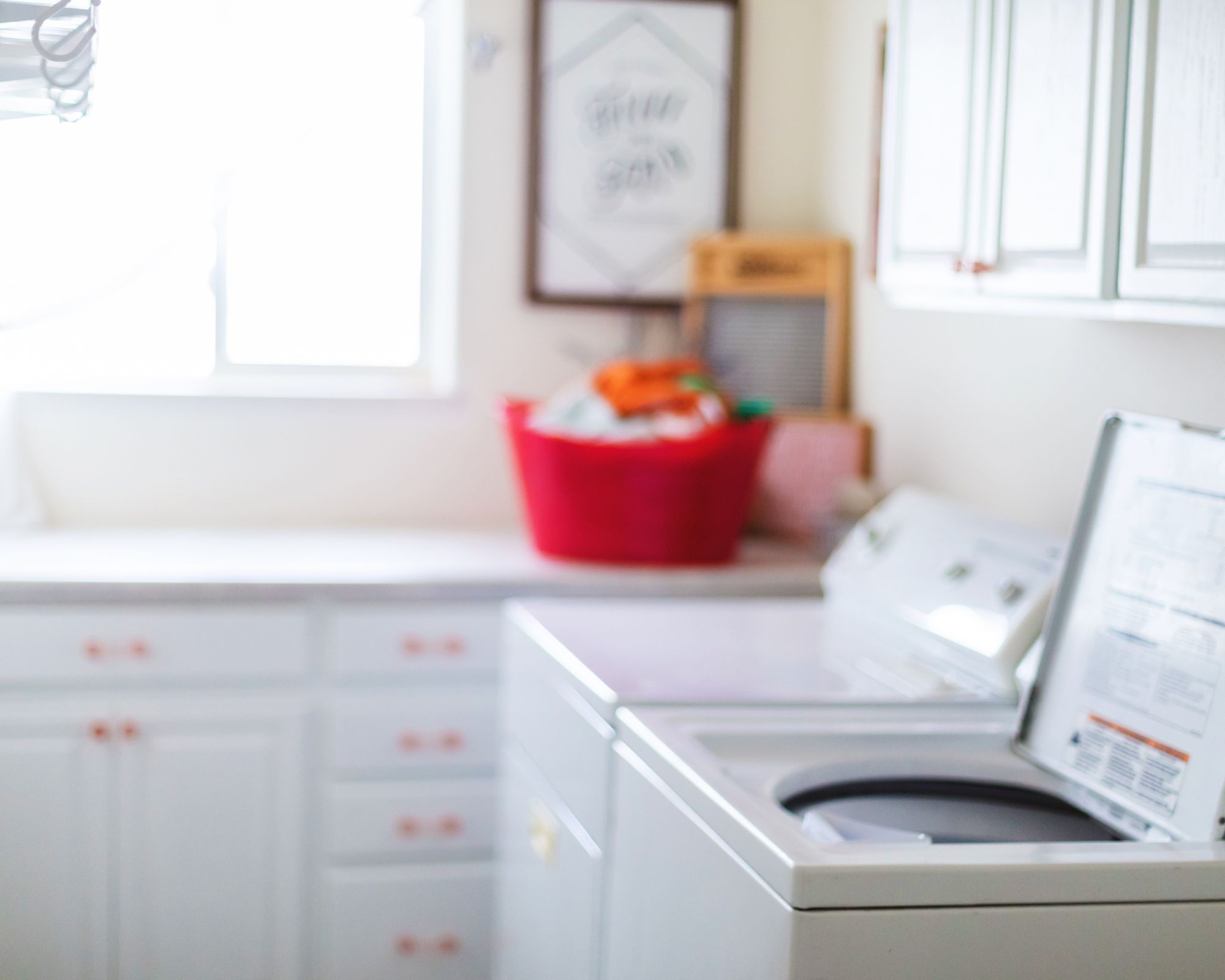
Hot water can shrink or warp delicate fabrics.
Toner says, 'Hot water can shrink, distort, or weaken delicate fabrics like silk, lace, or wool. High temperatures may also cause colors to fade or bleed, damaging your clothes.
'Always use cold or lukewarm water for delicate fabrics. Cold water is gentler and helps preserve fabric strength and color.'
Toner uses Woolite Delicates Laundry Detergent, available from Amazon. She adds, 'This detergent is specifically formulated for cold water and delicate fabrics, ensuring gentle care while effectively cleaning.'
Check out these seven items you should never wash in hot water.
4. Overzealous scrubbing
When handwashing, it’s easy to think vigorous scrubbing will remove stains or dirt faster, but this actually damages delicate fibers and can wear out fabrics. Over-scrubbing can lead to pilling, fading, or even tearing in sensitive materials.
Instead, gently massage the fabric with your fingertips or use a soft brush on tougher fabrics like cotton. For stains, allow the item to soak for longer, as this loosens dirt without the need for rough scrubbing. You can also apply a gentle stain remover to help lift marks.
Always treat fabrics delicately to maintain their appearance and durability.
5. Too much detergent
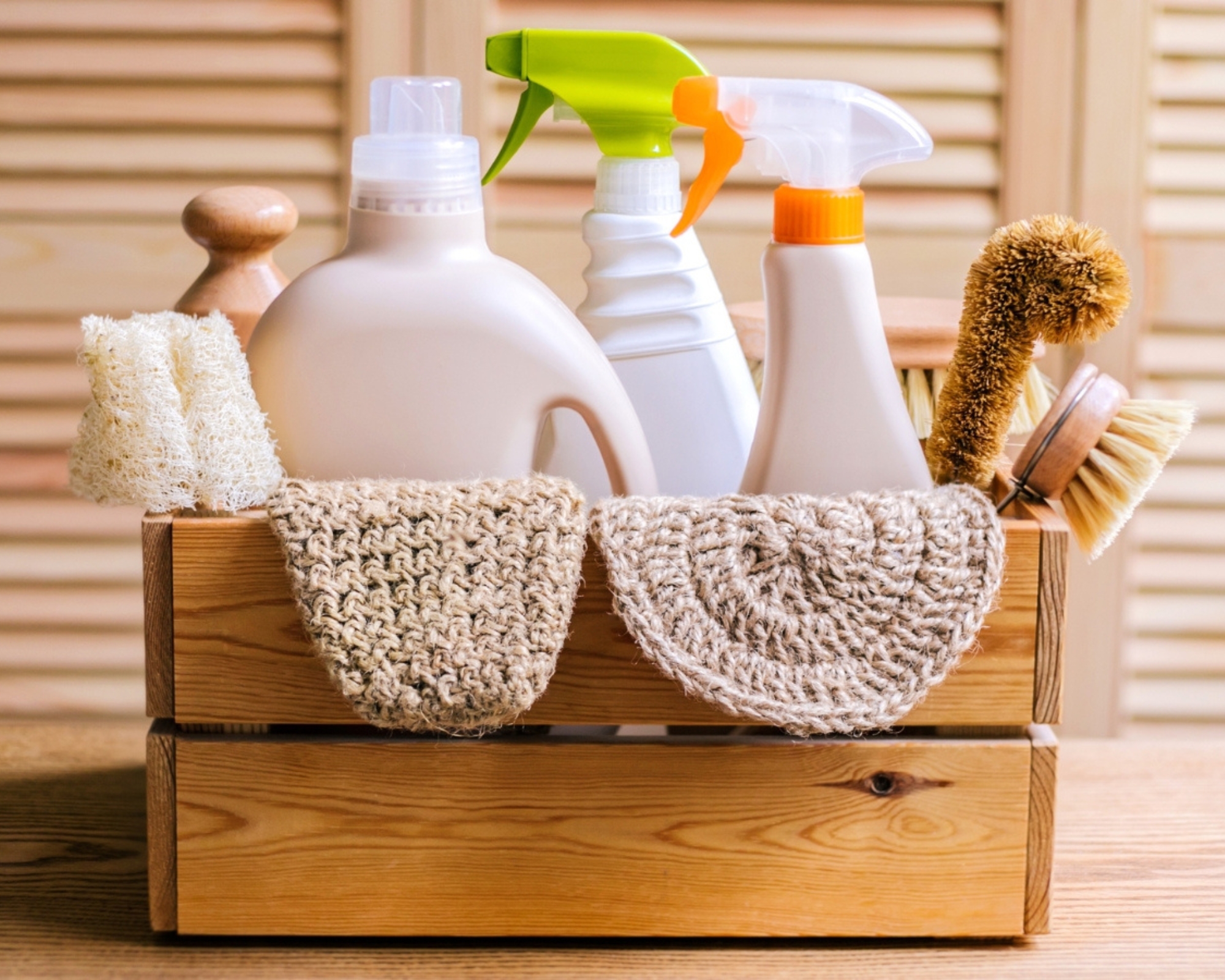
It’s tempting to add extra detergent, but this can leave residue.
Toner says, 'Too much detergent can leave residue on clothes, making them stiff, dull, or even causing skin irritation. It also requires extra rinsing, which can damage fabric fibers.
'Instead, use a small amount of detergent – about a teaspoon for a small basin. For especially delicate items, rinse thoroughly with fresh water.'
Toner recommends Eucalan No Rinse Delicate Wash from Amazon, which has an impressive 4.9 out of 5 customer review rating. She adds, 'This no-rinse formula makes handwashing easier by minimizing the need for excessive rinsing, reducing wear on fabrics.'
6. Using a small bowl
A small washing space leads to overcrowding, which makes clothes harder to clean.
Evans says, 'When you’re hand washing, you need the bowl to be big enough to fit your items and be able to turn them around, wring them and scrub them. If you’re washing large items like covers or towels, a small bowl or even a standard sink just won't suffice – you'll probably need to use your bathtub.'
Check out our three-step method for handwashing wool.
7. Rushing the rinse
In a hurry to finish, it’s common to rinse fabrics only briefly, but leaving detergent residue can cause stiffness, discoloration, or irritation on skin. Rushing the rinse phase leaves a soapy layer on fibers, making them feel rough instead of clean.
Use cool water for rinsing and gently agitate the fabric to ensure thorough soap removal. Refresh the rinse water as often as needed until it’s clear and free of suds. For delicate fabrics, gently press out excess water between rinses to keep them soft.
Taking your time on this step leaves clothes feeling fresh and residue-free.
8. Wringing out
Twisting clothes to remove water can distort the shape of delicate fabrics.
Evans says, 'Wringing out delicate fabrics, like wool or silk, is a common mistake made by people when handwashing and drying their clothes. This can damage or weaken the fibers.
'Instead, place your items inside a towel and roll the towel, squeeze gently and unroll. Repeat two or three times and then hang them on a clothesline.'
These BOGI Store Microfiber Quick Dry Towel from Amazon is ideal thanks to its high absorbancy. They're also great for your workout or when showering after.
For more, check out these reasons not to dry laundry outside.
9. Drying incorrectly

Hanging wet clothes can stretch them out, while direct heat can shrink fibers.
Toner says, 'Improper drying methods can cause mildew, shrinkage, or damage to the fabric. Hanging certain items can lead to stretching, while drying on surfaces like direct sunlight can cause fading.
'Instead, lay delicate items flat on a drying rack or a clean towel indoors, away from direct sunlight. For structured items, reshape them while they’re damp. Alternatively, use a rack like this Amazon Basics Foldable Clothes Drying Rack, which provides gentle drying for delicate fabrics without stretching or risking sunlight exposure.'
FAQs
Should I handwash wool?
Yes, wool can be handwashed, but it requires special care to avoid shrinking. Use cool water and a wool-safe detergent, and avoid agitating or twisting the fabric. Gently press out excess water, then lay the item flat to dry to preserve its shape.
Can I handwash items labeled 'dry clean only'?
While 'dry clean only' labels indicate professional care is ideal, some fabrics, like silk or linen, can be handwashed if you’re cautious. Use mild detergent and cool water, and avoid wringing or scrubbing. For expensive or complex fabrics, however, it’s safest to go to a dry cleaner.
How often should I handwash delicates?
Handwash delicates after two to three wears to prevent buildup of oils and odors, or sooner if visibly soiled. Regular cleaning keeps delicate fabrics in good condition without putting strain on the fibers. Quick, frequent washes also make it easier to remove stains without excessive scrubbing.
So there you have it – nine handwashing mistakes, and how to avoid them. Handwashing takes care and patience, but the right techniques keep your clothes looking fresh and well-preserved.
Next, check out these things people who are good at laundry always do.

With more than a decade of experience writing news, lifestyle, consumer, and human interest articles for a wide range of national and international publications, Andy is a highly-qualified journalist writing features for the national press. From front porch to backyard, attic to basement, Andy has written about every area of the home. He specialises in bringing together the best industry expertise to answer all of your most pressing home and garden questions about seasonal and everyday cleaning, decluttering, organizing and DIY.
